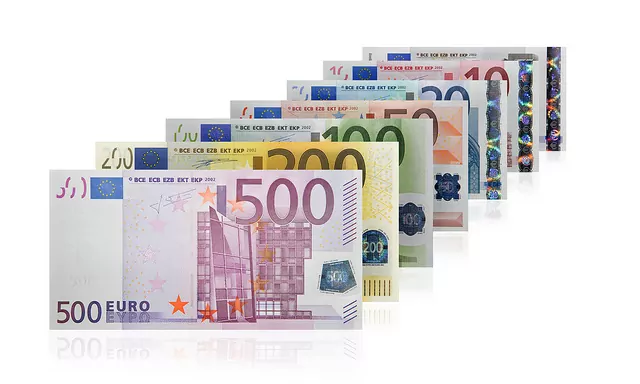
What Happens To EU Property Investment Markets If The Euro Disappears?
Euro Crisis?
Because I own real estate in Europe, friends and family have asked over the past few years about my position on the euro. They send me articles predicting the euro’s crash or the latest report on the dire state of affairs in euro land. Some try to get me worked up with their Chicken Little theories. Some, I realize, are just trying to keep me apprised of what they see as important euro news.
My general position has been that I don’t care which way the euro goes short-term and I’m probably not too concerned long-term either. Short-term fluctuations in the euro don’t affect my long-term plans. And long-term, potential capital appreciation of my real estate assets should help offset any big negative swings in the value of the euro.
What happens if both the euro and the U.S. dollar crash? Well, then, every other currency in the world would be stronger against both, but the exchange rate between the two would remain similar to what it is currently. Better, in this scenario, to be diversified beyond just euro and U.S. dollar assets, but the crashing of both currencies at the same time against all the currencies of the rest of the world seems unlikely to me.
Diversification and taking a very long-term perspective have been the hallmarks of my approach overall. As a result, again, I’ve been mostly indifferent to the direction of the euro (versus the dollar or any other currency) or the possibility of its “crash.”
However, last night, over drinks with a friend here in Panama City, I considered this question from a different angle.
My friend, being European, pays more attention to the daily news coming out of Spain, Greece, and Italy than I do, and the conversation he led to do with the future of the euro took a different twist than most I’ve had. My friend is convinced that the possibility of the euro going away entirely is greater than ever. At a minimum, he doesn’t see how Greece can do anything but exit from the euro.
Considering not the direction of the euro but the prospect that it could, perhaps sooner rather than later, disappear altogether, got my attention. While I’m not concerned about the euro’s value, I’m not interested in having my French real estate revalued back to French francs, my Croatian real estate revalued back to Croatian kuna (while not officially a euro country, real estate in Croatia is traded/valued in euro), or the cottage we intend to buy in Ireland this summer revalued back to Irish pounds. And I’m definitely not interested in having my mortgage in France switch to a Franc-based interest rate, which I presume would be higher than my current super-low euro interest rate. The very low rate of interest is why I don’t bother paying off the mortgage early in the first place.
The only lifeline my friend sees for the euro is Germany. If the German government decides to continue to subsidize the other EU member countries, then the euro will be around longer. At least that’s one theory.
My friend helped to open my eyes a bit and to view the euro “crisis” in a different light.
Am I Panicked?
I’m aware in a new way, but, no, I’m not panicked. If the euro disappeared this year, and France reverted to the franc, Croatia to the kuna, and Ireland to the pound, well, so it goes.
I’d still love my apartment in Paris, both as a place to spend time with my family and for the cash flow from rental that it generates. I’d still look forward to the chance to spend time in Istria in retirement with my wife when that day comes. I’d still want to own a little cottage in Ireland, again, both as a place to spend time and as a vehicle to generate cash flow.
And I’d still be well invested in other markets, other regions, and other currencies. And that is the important thing to remember always. Don’t be all in the U.S. dollar, but don’t be all in the euro or any other currency or market either.
And remember: Crisis is the bedfellow of opportunity. If the euro does disappear, the immediate currency revaluations of the individual countries could create new property investment markets of interest.
Lief Simon



